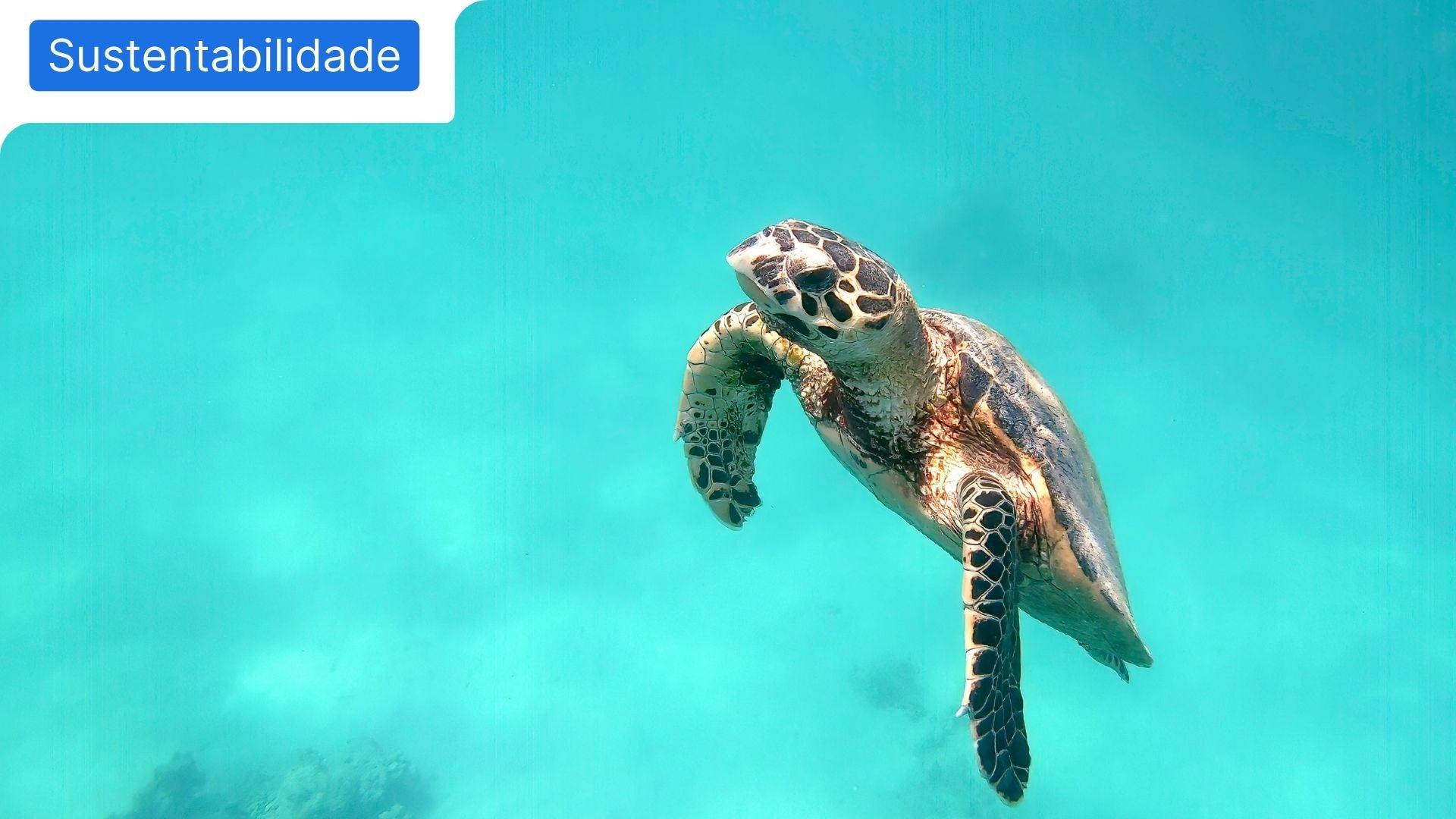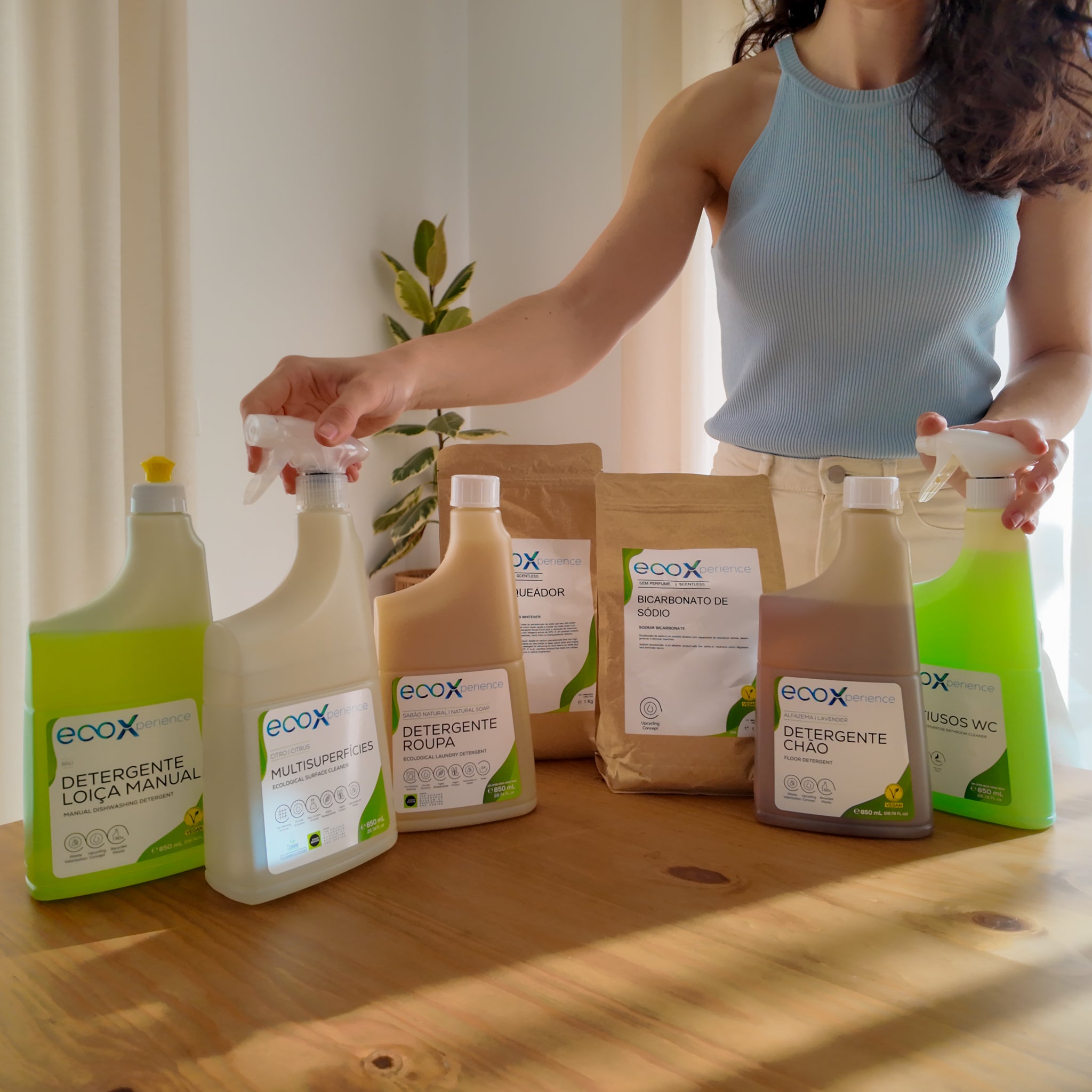
How can an eco-friendly detergent protect the oceans?
If it is true that conventional detergents pollute the oceans , it is also true that used cooking oil pollutes them, although under different conditions and with different consequences.
In our daily lives, we need detergents to keep our homes clean and hygienic, and we need cooking oil to prepare various meals. But how can we avoid this pollution and continue to use these two products? Find out how in this article.
Consequences of conventional detergents
As we know, there are several articles that indicate that the foam from some chemical products in the detergents we usually use has harmful effects on aquatic life.
In other words, traditional detergents contain synthetic surfactants that are not biodegradable since at least 60% of their surfactants do not naturally decompose in the environment in less than 28 days.
These surfactants, together with the added chemicals, serve to ensure the cleaning power of detergents, but the cost associated with this cleaning power (which is fast) is very harmful to the environment (which is not the case with ecological detergent).
For example, the “strong” layer of foam that some detergents form in water, in addition to preventing sunlight from passing through to the aquatic environment, is also responsible for removing the oily layer on birds that gives them the ability to float. By removing this oily layer, the birds will end up drowning.
Consequences of improper disposal of used cooking oil
In addition to this harmful action of traditional detergents on the aquatic environment, there is also the problem of the inadequate disposal of used cooking oil.
Used cooking oils are widely used in our homes and in catering establishments for the preparation of various foods. After use, cooking oils must be properly stored and sent to collection systems (oil tanks) or recovered by the user himself.
The possibility of them being deposited in the sink drain or toilet should never be considered, as it has a very negative environmental impact.
According to data from Quercus , one liter of used cooking oil is enough to contaminate one million liters of water, which is enough for a person to survive for 40 years.
Can we turn used cooking oil into eco-friendly detergents that don’t pollute the oceans? Yes, we can.
Taking all these negative aspects into account, EcoX decided to “clean” the oceans, solving these two problems simultaneously, through ecological detergents made from recycled cooking oil.
Since EcoX ecological detergents are produced mainly from raw materials of plant origin, they are highly natural and biodegradable. 60% of the detergents degrade in less than 24 hours due to the absence of complex carbonate chains and the remaining 40% decompose within a few days of use.
Furthermore, these eco-friendly detergents do not contain phosphates that promote algae growth, threaten other marine life and reduce oxygen levels in the water.
EcoX products are even more ecological because they can be purchased in bulk at an economical price, allowing you to purchase the exact quantity of detergent you want and thus adapt your purchases to your actual needs at the time.
By reusing packaging we are also making an important contribution to reducing plastic consumption, with all the benefits from an environmental point of view.
These ecological and natural detergents ensure the reuse of waste that is hazardous to the environment, have good cleaning power with controlled foam, do not have a negative impact on the oceans and allow you to buy only the quantity you need.







